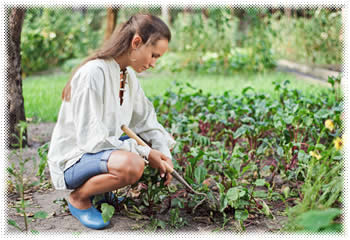
Because many people today live a “city” life before starting to homestead, they really don’t have too much personal experience with it before they begin. That means they are making choices based on a lot of preconceived notions that may not be too accurate in reality. Hearing stories from older farm-living relatives may not be helpful if they tend to get nostalgic and see their past experiences through rose-colored glasses either. But to try and clear up these notions can be tough because not everyone has the same ideas about homesteading to start with. With that in mind, here are some of the truths about homesteading.
How Much Work is Involved?
This is the biggest place where people have their own ideas about homesteading. Some folks will picture a slow and serene life, far removed from the noise and stress of the city. And yet others see a homesteading life filled with back-breaking work, long hours and no breaks. The reality is actually a little bit of both.
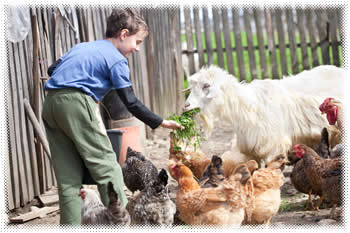
Don’t delude yourself into thinking a homesteading life is some kind of bucolic paradise of sitting on the porch drinking home-made lemonade every afternoon as your mini-farm hums in wonderful natural harmony around you. There is going to be noise, dirt, and chores all the time. But at the same time, that doesn’t mean you are going to work like an indentured servant for 16 hours a day. Some parts of the year will be slow, relaxing and even dull. And then around planting/harvest time, you’ll wonder how you’ll manage to get it all done. With a little pre-planning, you can manage the two extremes and get a good balance for you and your family.
There will be some days when you genuinely have nothing to do all day except get up to let the animals out into the pasture. And then there will be days when you have to supervise livestock birthing while somehow getting the garden field plowed for spring, and of course those spring seeds have to get planted too. A winter-damaged fence needs repairing ASAP and you have no more bread in the house, which necessitates the need for baking bread. All of this needs to be dealt with even though it’s pouring rain outside. And, that’s just the morning to-do list.
Bottom line is that homesteading will have peaceful days and hectic days. It’s not that different than city life in that respect. The main difference is that you can control your activities and not let other people dictate what you spend your time on.
Making a Living at It?
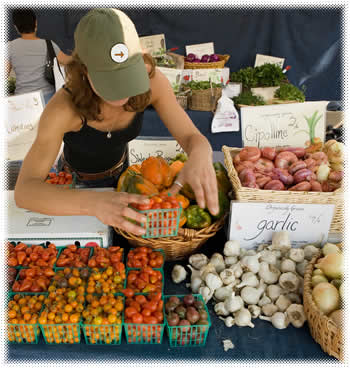
Not everyone has this idea but many people envision being able to completely ditch the day job and make a living by selling their home-grown produce or crafts. It would be silly to say this is unrealistic because it can certainly be done but it is far from easy and you can risk putting your family in dire financial straits if you head in this direction without planning it out.
Remember that selling produce in a rural area is a problem because everyone you know will probably be growing or producing the same things themselves. If you have access to a larger city market, then you might have a chance.
While it’s doable, this idea is generally wishful thinking in most cases. If you are able to sell some things to defray your costs, that’s great. You will very likely need at least some sort of income from outside your home to make it a go, at least for the first few years when you are still learning and working out the kinks in your routine and farm plan.
That said, you can expect your overall living expenses to drop as you produce more of your own food and make fewer purchases. That can mean you get by with one job instead of two, or a part-time job instead of a full-time one.
Learning all the Skills?
This last point is a double-edged misconception similar to our first one. Some people feel that gardening and farming is so natural that you don’t really need to know anything, and then some people feel that you can’t get it to work unless you have about 2 decades of experience and skill under your belt. And like our other concern about work, this goes both ways. Sure, seeds will technically grow into food just by you getting them in the ground. Mother Nature will take care of it. But you need to know when to plant, what kind of soil you need, how to take care of pests and bugs, when to harvest and how to deal with bad weather.
Yes, you need to do some learning but you should be able to get a good foundation with a few farming or homesteading books. After that, the best teacher is going to be experience. Be open to learning more as you go and you should be fine.
Continue Tutorial Below
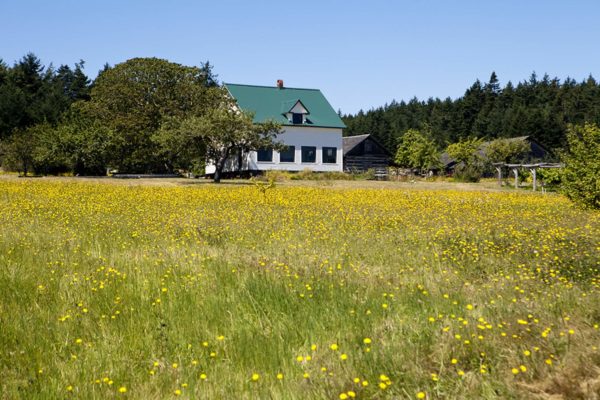
Read More
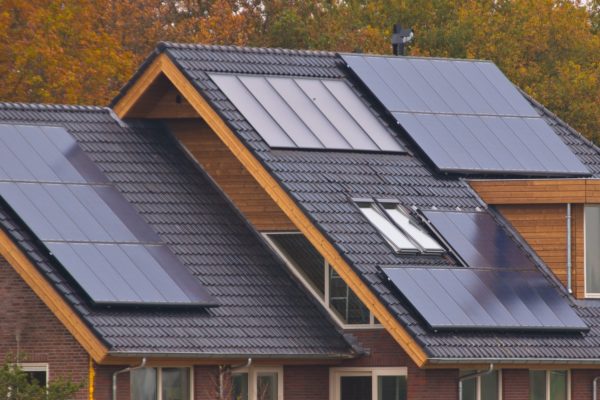
Read More
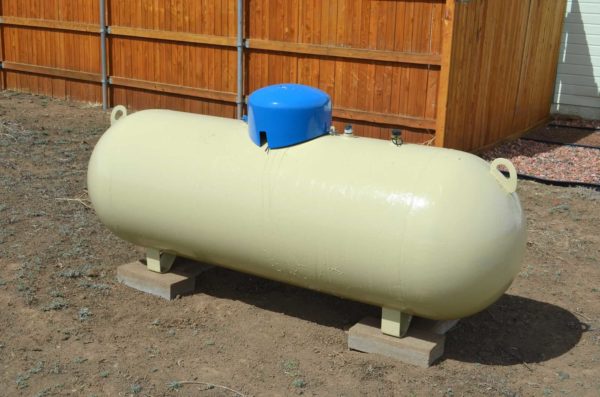
Read More
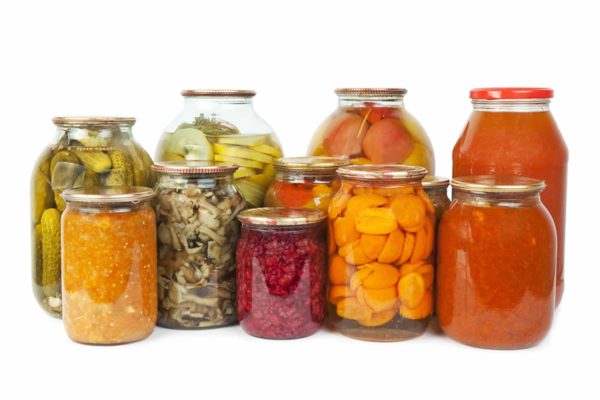
Read More
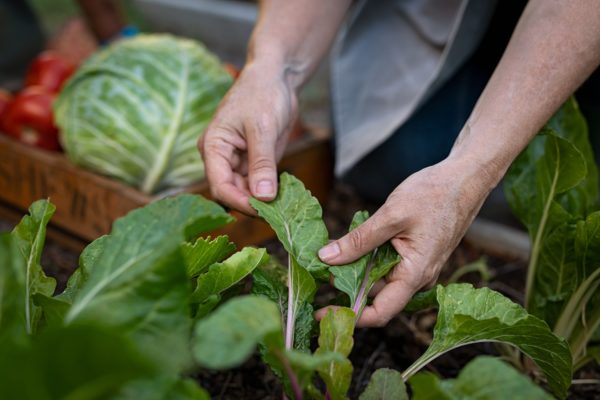
Read More
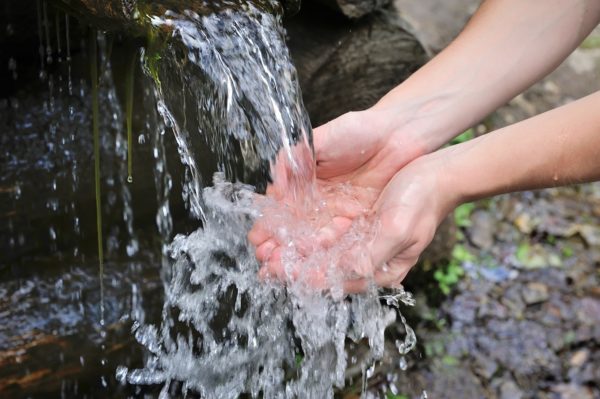
Read More

Read More
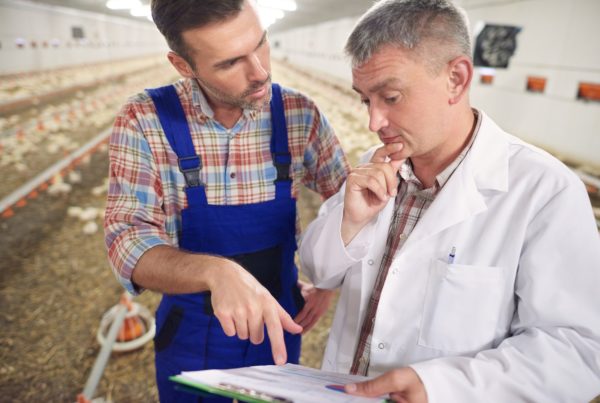
Read More
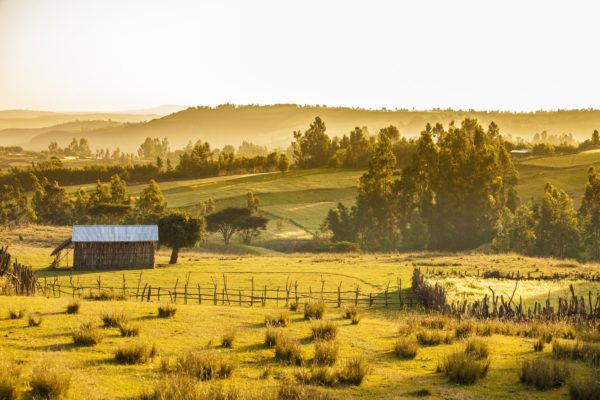
Read More
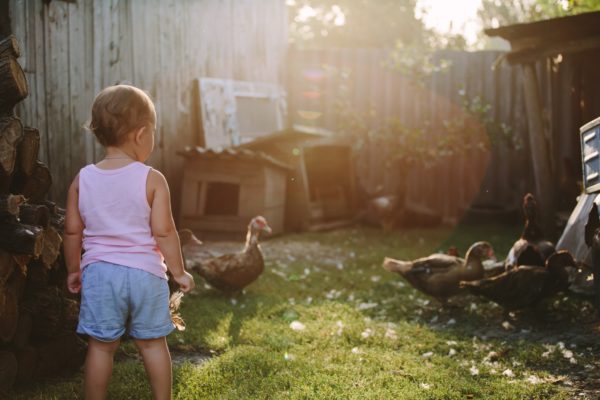
Read More
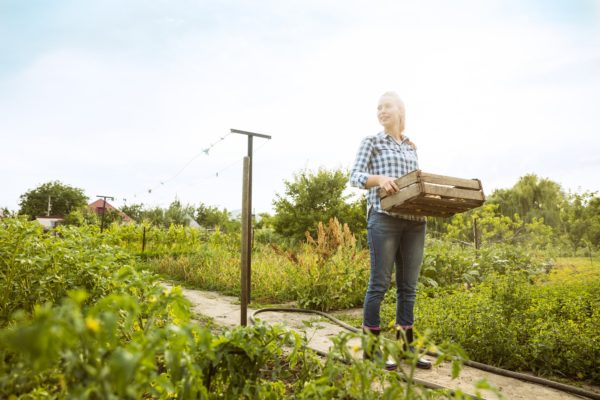
Read More

